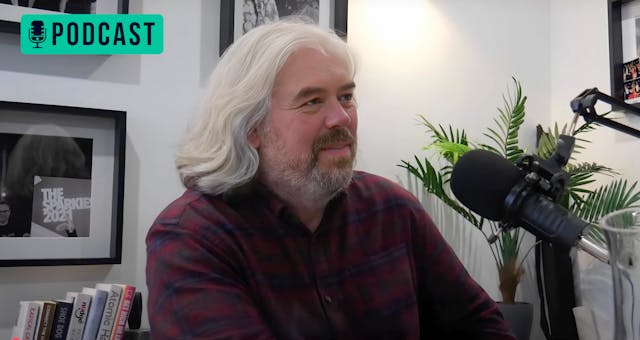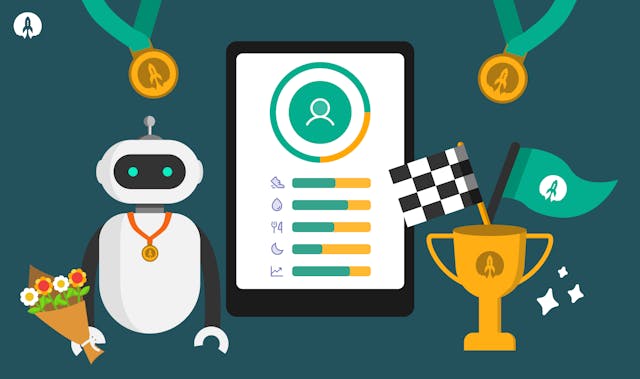How To Be A Great Product Owner

Most software development projects follow a process known as “Agile Development.” As the name suggests, it’s a system that encourages a flexible and responsive approach to a project as its goals and challenges are better understood.
One of the first tasks in Agile Development after a product has been commissioned is for the client to designate a “Product Owner,” who will arguably be the most influential person in the entire project. Besides speaking on behalf of the client to the project managers, designers and developers, they have ultimate responsibility for setting goals and priorities.
We asked our team to suggest what they think makes a “great” Product Owner. Here were their top tips (in order of importance):
Be Accessible
Everyone we spoke to agrees that a Product Owner’s most important contribution is time.
Attend standups, team meetings, and demos. Be available to the team when they have questions, and engage with the development process.
Why is this so important? The Product Owner is responsible for determining what a product needs to do, and what parts of a project are most important. Agile development is an evolutionary process, and priorities and goals are constantly questioned and reviewed. When a Product Owner is available, those questions can be answered quickly.
Be Knowledgeable
A great Product Owner needs to be the ultimate authority about two things: the business the new product will support, and the customers that will use that product.
Ideally the Product Owner knows these subjects intimately, but if not they need to be in a position to access this information quickly.
Why is this important? As the person who represents the client in the development process, everyone will look to the Product Owner to ensure the new product is exactly in line with what the client needs.
Be Involved
This of this as being accessible, but becoming more immersed in the project. A great project manager is not a bystander - they are an active participant.
This doesn't mean a Product Owner gets involved with sketching out wireframes or writing code. It does mean taking part in discussions, encouraging dialogue, and asking questions.
The more involved the Product Owner is in the process, the more likely they are to notice when something needs to be addressed or assessed. This gives project managers, designers and developers confidence that their work is aligned with the client’s ultimate goals.
Be Empowered
The Product Owner is the single point of contact between the client and the project team (or at least they should be).
Having a single voice speaking for end user makes it much easier for the goals and priorities to be fully understood. If multiple people are speaking for the client, even if their thinking is more-or-less aligned, this will inevitably create confusion and delay.
Depending on the client, this isn’t always an issue of concern. An entrepreneur launching a startup will naturally be an empowered Product Owner, as their personal vision is probably driving the entire venture. Product Owners who represent larger corporate clients, and who liaise with multiple stakeholders to agree priorities, need to pay much more attention to being fully empowered.
Whatever the method, the best Product Owners are the ones who can be the “single source of truth” for the people making the product.
Be Discerning
The best Product Owners aren’t just good at deciding what to build. They are also good at deciding what NOT to build.
There will be more good ideas than there will be capacity or budget for, which means there will always be difficult decisions to make. Being able to discern what features will matter most to customers and give this priority over others is essential.
The good news is that there are loads of resources online to learn how to do this well, and at Rocketmakers we always strive to explain the options and make the decisions as easy as possible.
Understand Software Development
We’ve listed a knowledge of software development last because it is a “nice-to-have,” not something essential.
Over the past two decades, Agile Development has been honed into a very practical system, but it can take a bit of getting used to if you’re not familiar with it. The terminology can sound a bit odd (like being asked to attend a “ceremony” or create a “backlog” on purpose), and producing a “minimum viable product” might not sound appealing when you really want every feature included in the first version.
Having experienced this first-hand will make the process easier, but there are plenty of Product Owners who adjust to Agile methodology very rapidly.
These tend to be the great Product Owners, of course - you know, the ones who are accessible, knowledgeable, involved, and empowered!
Interested in bringing Rocketmakers on board for your next software development project? Get in touch.



